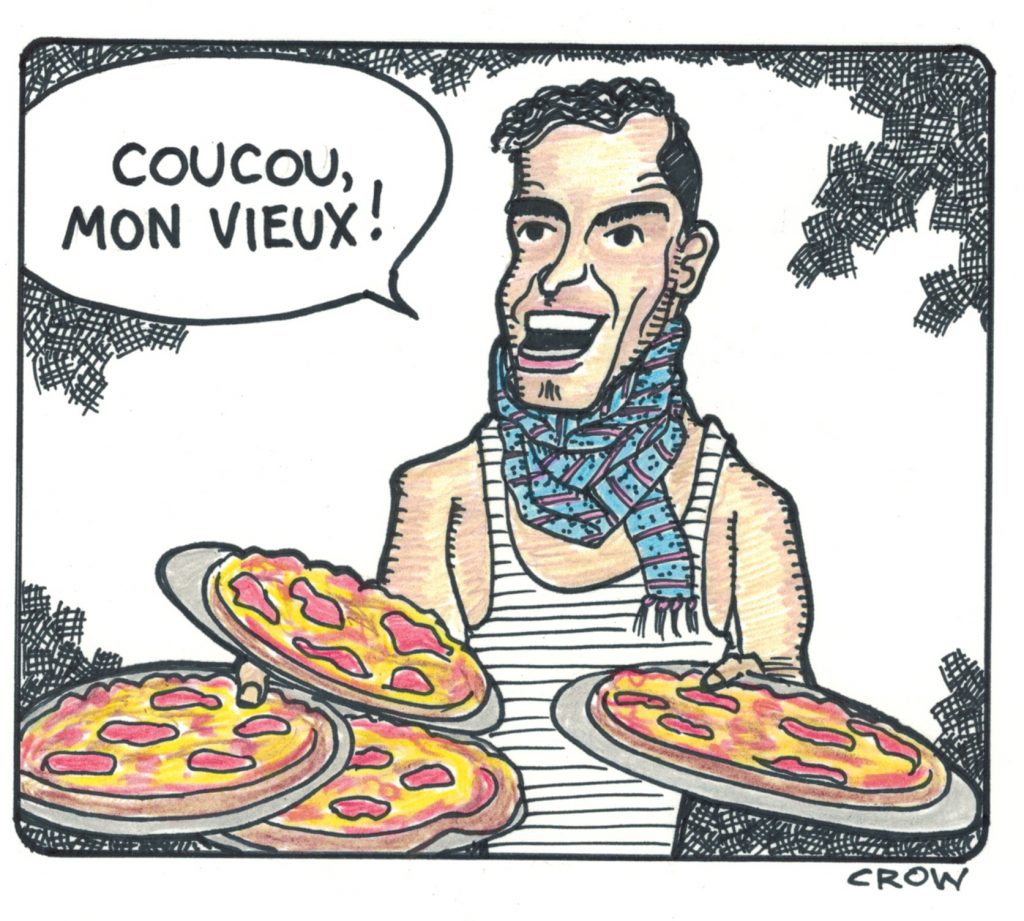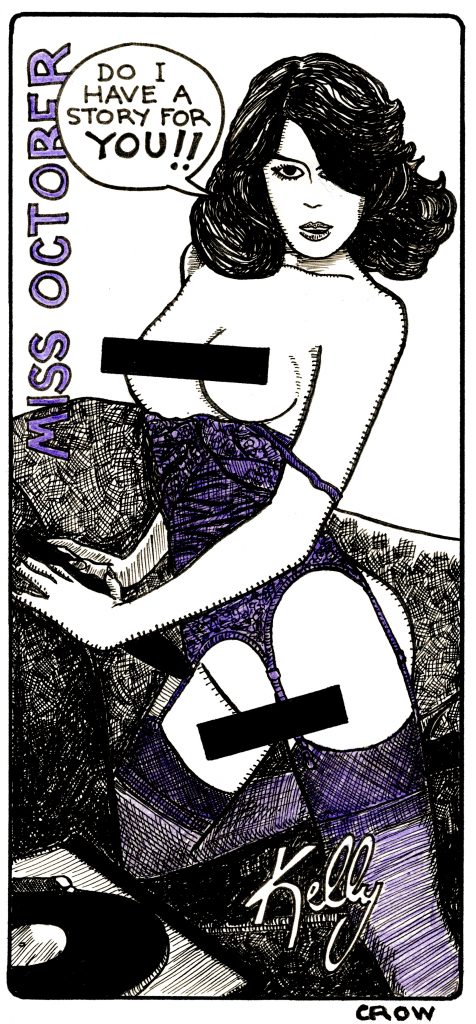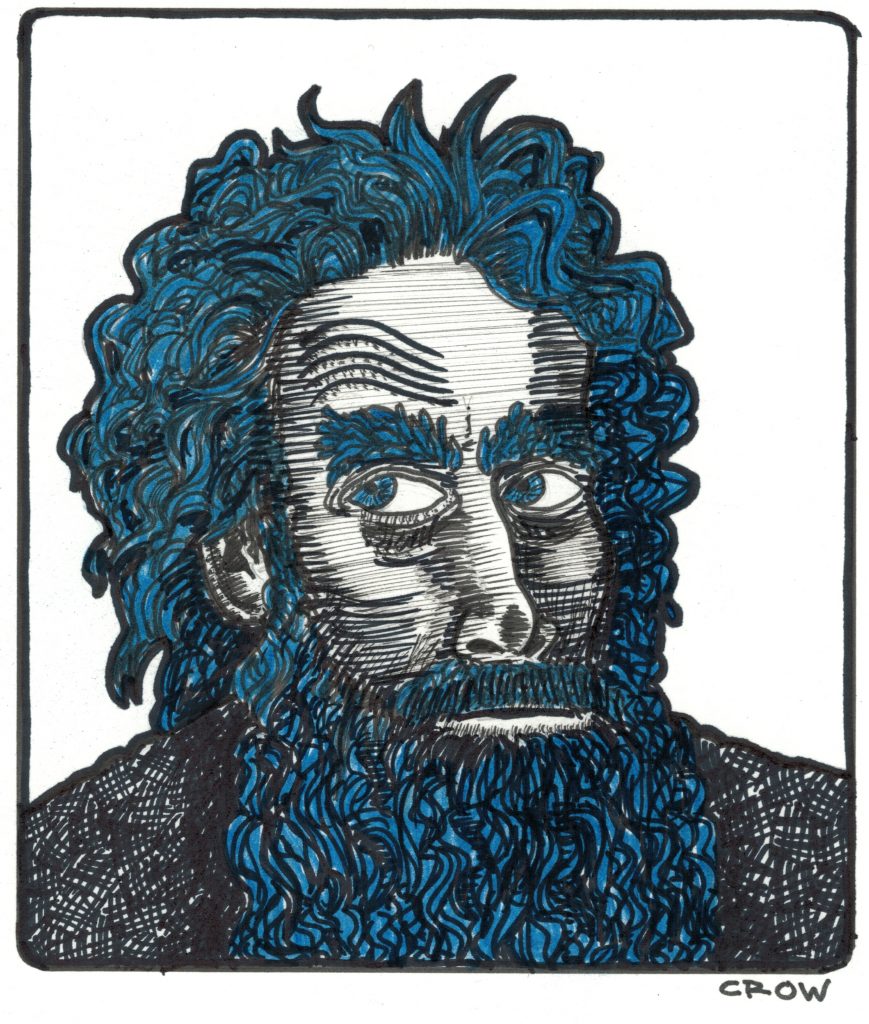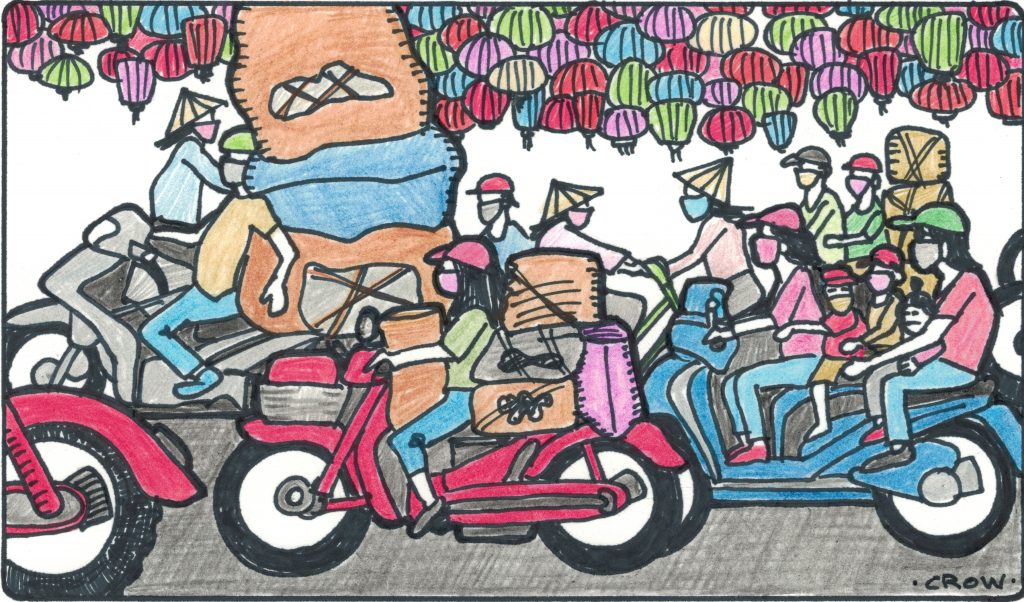
Having lived in France a couple of times, and written 200 fish-out-of-water blogs, I thought I’d exhausted my quiver of quirky stories highlighting the differences between Canada and France. Not so! Upon my recent return to Aix-en-Provence with Carol, three vignettes stood out. These situations would never happen in Canada:
1. Reflected in Carol’s sunglasses, I saw the foulard at my throat was tied in the jaunty, insouciant, Aixois fashion. We sat at a spindly, wrought iron table, charmingly crooked due to its cobblestoned base, at a crowded outdoor restaurant in downtown Aix. We sipped from a carafe of Côtes-du-Rhône-Villages, not in a hurry to be served our goat cheese and arugula pizza. I spied our waiter coming from the bowels of the restaurant, bedecked in Aix’s standard straight-guy clothing: white wife-beater t-shirt, scarf wrapped thrice around his neck, dainty pirate boots with many buckles. He held a large pizza in his left hand, another two in his right, and balanced a fourth on his forearm. Since the patio tables were tightly squeezed together, his easiest access to his customers was the middle of the narrow street, dodging pedestrians and the occasional Smart Car. I could see our lunch on the waiter’s forearm. Laden as he was, you’d think the waiter would unload his pizzas as quickly as possible. You’d think that if you didn’t know the waiter’s male friend appeared around the corner at the top of the street. Our waiter stifled a squeal and hustled toward his friend, away from the restaurant, still carrying the pizzas. By the time he caught up to his friend, our waiter was a half block away, but the kisses on each cheek were still audible from our table. The friends’ chitchat was brief, albeit loud, and our waiter quickly returned to his job (after two more kisses good-bye). Our pizza was still hot.
2. Finishing our pizza, Carol and I tucked into our salads. At a nearby table sat three fashionable young women, one of whom held a baby. Children aren’t encouraged to attend restaurants in France – there aren’t kid menus, or placemats to colour, or jars of dull crayons. Restaurants don’t supply high chairs or booster seats. And I’ve never seen a restaurant washroom with one of those fold down baby changing tables. If you bring your kid to a restaurant, they had better sit quietly and eat a grownup meal (and they do). But seeing a baby on a mother’s lap was even more unusual. As the mother continued her lively conversation with her friends, she deftly moved her cutlery, her wine glass and her table’s flower arrangement to one side. She rooted around in an impossibly large Hermès purse and found a small fuzzy blanket, which she spread flat on the table. You’ve probably guessed what happened next…she lay her baby down and changed his nappy. In a packed restaurant. Six feet from where we were eating.
I knew I would write this story one day; in the interest of accuracy I leaned forward in my seat to get a better look. Yes, just as I expected: numéro deux.
3. A day before we were to board the train in Aix towards Paris, SNCF workers went on strike. SNCF is the French national railway, and its workers often strike. It wasn’t a big surprise, but was inconvenient because, (a) if we didn’t get to Paris we would miss our non-refundable flight home, (b) Aix to Paris was too far to drive in the time we had, and (c) Air France triples its prices whenever SNCF is on strike.
In a normal strike, in non-France countries, all trains are cancelled. It’s disruptive, but travellers are calm because no one can get anywhere. During SNCF strikes, one of every seven scheduled trains will run. You just don’t know if your ticket is for that one-in-seven train. You have no choice but to arrive at the station and hope you win the train lottery. I don’t know how they decided running one of every seven trains causes maximum mayhem (not 1 in 3, not 1 in 10), but I expect they have PhDs armed with algorithms and supercomputers bent to the task. Suffice to say, running one in seven scheduled trains ensures the maximum number of people in the train station with the minimum number of these people boarding a train. Any train.
Regular readers of this blog will know when faced with an intractable train problem, there is only one solution: call my friend Nickipedia. Nick has run a Parisian travel company for 30 years, and possesses an encyclopedic knowledge of SNCF and every available scheme to game the system. His advice? Go to the station and sneak onto any train bound for Paris. How could this possibly work, I wondered.
The trick, according to Nick, was to slip past the ticket-checker on the platform and go straight to the bar car. Once there, no SNCF employee will kick you off the train (as they’re not paid for confrontation). We didn’t have tickets for that train, which would’ve warranted seats, but we could stand on any train travelling to Paris, Nick advised. I was nervous when the SNCF employee came through the bar car and checked our tickets which corresponded to a cancelled train. She didn’t bat an eye – even better, she eventually found Carol a seat two cars over. I stayed happily in the bar car; if you must stand, I feel that’s the best place. I was quite content watching the countryside race by at 300 kilometres per hour, drinking several single-serve red wines from plastic bottles.
Thanks to Nick, the pièce de résistance occurred when we arrived in Paris. He said our tickets were fully refundable since our train was cancelled. Even though SNCF transported us from Aix to Paris, a distance of 700 kilometres, on the fastest train in France, we were credited $250.




